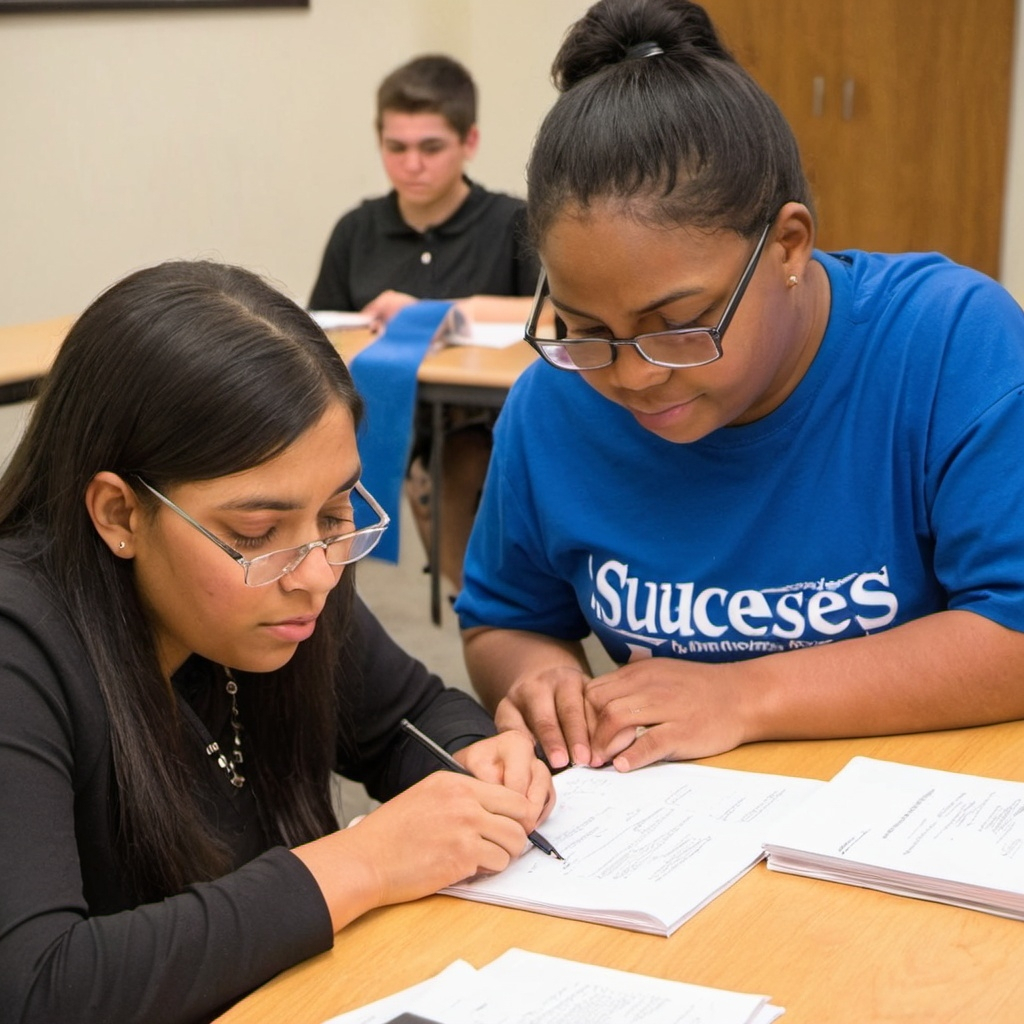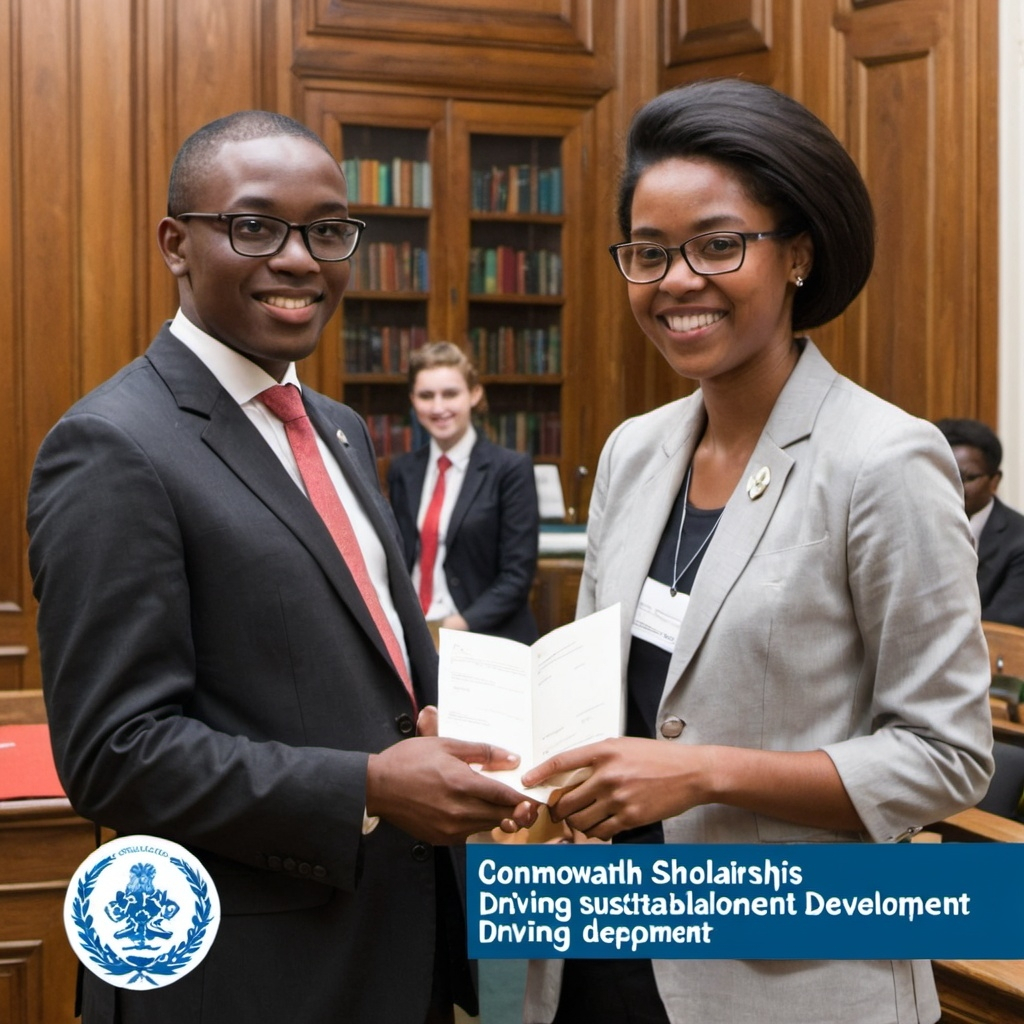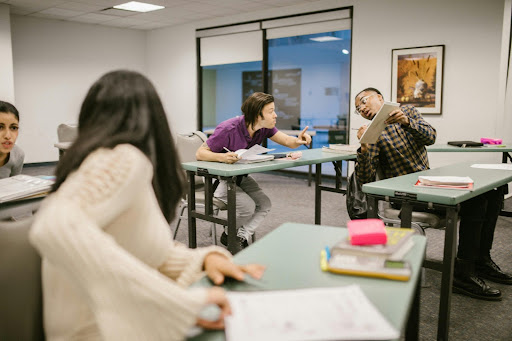Scholarships for the blind are crucial in helping visually impaired students access higher education and achieve their academic goals. These scholarships are designed to provide financial support and resources that address the unique challenges faced by blind students. Here are some pathways to success through these scholarships:
1. Specialized Scholarships for the Blind
- American Foundation for the Blind (AFB) Scholarships: AFB offers several scholarships for blind and visually impaired students pursuing college degrees. These scholarships are typically awarded based on academic achievement, leadership, and community involvement.
- National Federation of the Blind (NFB) Scholarships: The NFB provides a variety of scholarships for blind students across the United States. Applicants are often required to attend the NFB’s annual convention and demonstrate leadership potential.
- Lighthouse Guild Scholarships: This organization provides scholarships to legally blind students who are college-bound. They focus on academic excellence and community service.
2. University-Specific Scholarships
- Many universities offer scholarships specifically for students with disabilities, including blindness. These scholarships can help cover tuition, fees, and even accommodation costs.
- Examples: Some institutions, like the University of Melbourne and the University of Leicester, may offer scholarships tailored for students with disabilities. It’s worth contacting the disability services or financial aid office of your chosen university to inquire about such opportunities.
3. Government Grants and Scholarships
- Governments often provide scholarships and grants for students with disabilities. For example, the U.S. government offers the Pell Grant and the Federal Supplemental Educational Opportunity Grant (FSEOG), which can be used by blind students to cover education-related expenses.
- In Canada, the Canada Student Grant for Students with Permanent Disabilities is available to assist with education costs.
4. Private Organizations and Foundations
- Numerous private organizations and foundations offer scholarships for blind students. These include the American Council of the Blind (ACB), which awards scholarships to students who are legally blind, and the Blinded Veterans Association (BVA), which provides financial support to veterans who are blind.
5. Accessibility Resources
- Beyond financial support, many scholarships include access to resources that assist with accessibility, such as adaptive technology, braille materials, and guide services. These resources can be instrumental in ensuring that blind students have the tools they need to succeed in their studies.
6. Application Tips
- Start Early: Begin your scholarship search early to ensure you meet all deadlines.
- Gather Documentation: Prepare necessary documentation, such as proof of visual impairment, academic records, and letters of recommendation.
- Highlight Leadership and Community Service: Many scholarships look for students who demonstrate leadership and a commitment to their community.
- Seek Assistance: Don’t hesitate to ask for help from school counselors, disability services, or advocacy groups when applying for scholarships.
By leveraging these scholarship opportunities, blind students can pave their way to academic and professional success, overcoming financial barriers and gaining access to essential resources.
4o



